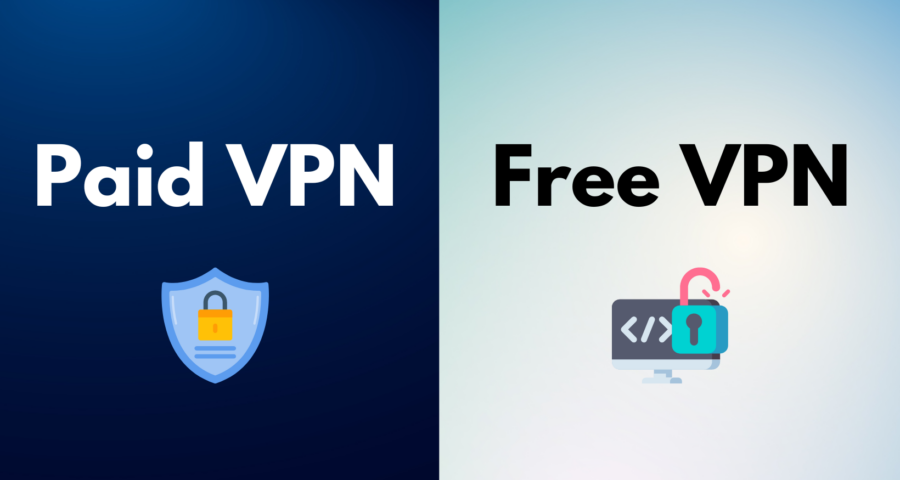In today’s digital age, online privacy and security are becoming increasingly important. Many people use Virtual Private Networks (VPNs) to protect their online privacy, but when it comes to choosing a VPN service, users face a difficult choice: should they use a free VPN or a paid VPN? In this blog post, we will compare the advantages and disadvantages of using free vs paid VPNs.
Advantages of Free VPNs
- Cost: As the name suggests, free VPNs don’t require any payment, making them an attractive option for users who don’t want to spend money on VPN services.
- Convenience: Free VPNs are easy to download and install, and they often come with user-friendly apps that require no technical knowledge to use.
- Anonymity: Some free VPNs claim to provide anonymity by hiding the user’s IP address and encrypting their online traffic.
Disadvantages of Free VPNs
- Security risks: Many free VPNs have been found to contain malware or spyware, which can compromise users’ online security and privacy.
- Limited features: Free VPNs often have limited features, such as slower connection speeds, fewer server locations, and limited bandwidth, which can negatively impact the user’s online experience.
- Data collection: Some free VPNs have been known to collect and sell user data to third-party advertisers, compromising the user’s privacy.
Advantages of Paid VPNs
- Security: Paid VPNs typically offer better security features than free VPNs, including stronger encryption, malware protection, and no-logs policy, ensuring that users’ online activities remain private and secure.
- Features: Paid VPNs often offer a wider range of features, including faster connection speeds, more server locations, and unlimited bandwidth, providing users with a better online experience.
- Customer support: Paid VPNs often provide better customer support than free VPNs, including live chat and phone support, ensuring that users can get help when they need it.
Disadvantages of Paid VPNs
- Cost: Paid VPNs require payment, which can be a barrier for some users who don’t want to spend money on VPN services.
- Technical expertise: Paid VPNs may require some technical knowledge to set up and use, which can be a challenge for users who are not tech-savvy.
- Subscription: Paid VPNs require users to subscribe to a monthly or yearly plan, which can be a disadvantage for users who don’t want to commit to a long-term subscription.
Conclusion
In conclusion of free vs paid VPNs, both free and paid VPNs have their advantages and disadvantages. While free VPNs are convenient and cost-effective, they often lack essential security features and may compromise the user’s privacy. On the other hand, paid VPNs provide better security, faster connection speeds, and more features, but require a financial investment. Ultimately, the choice between free and paid VPNs depends on the user’s needs and priorities. Users should carefully consider their options and choose a VPN service that meets their needs for online privacy and security.


Leave a Reply